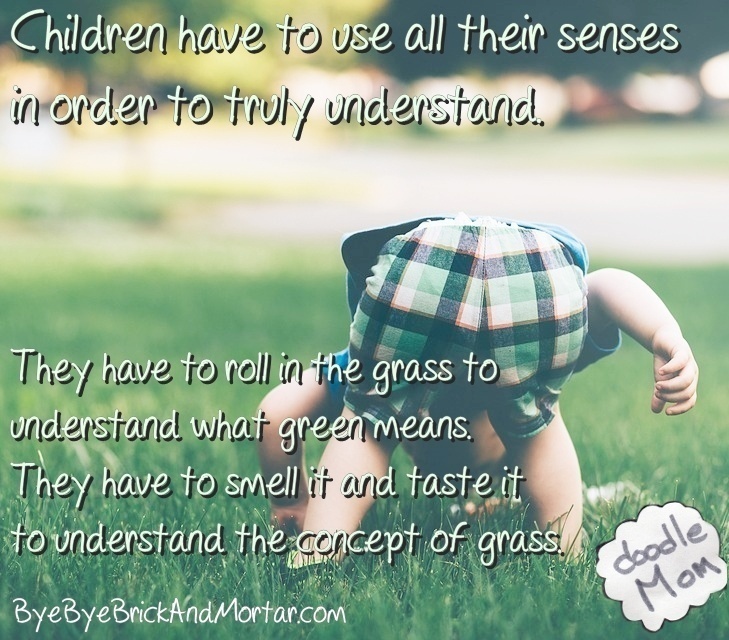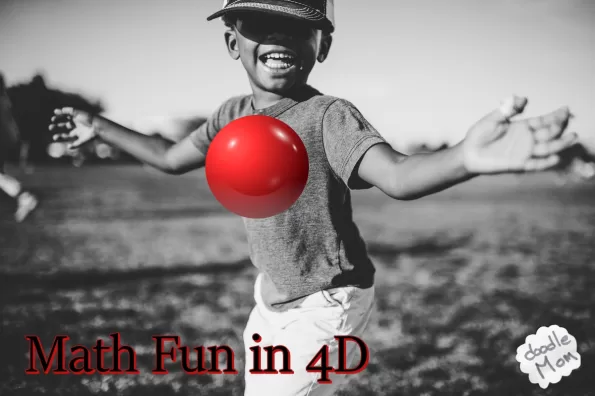Testing Zeno’s Paradox With A Cousin
 Sometimes, you need to find a way for your child to feel a concept so that she will truly get it. Sometimes it is the only way to teach that tough-to-understand subject.
Sometimes, you need to find a way for your child to feel a concept so that she will truly get it. Sometimes it is the only way to teach that tough-to-understand subject.
There was a lovely afternoon, a long time ago. And my children tried to test “the turtle paradox” with their cousin in Grandma’s huge backyard.
It did not work.
If your child is old enough, or if you are a math buff, you probably know what the turtle paradox is. But if you are not familiar with it, I will give you an overview.
Zeno was a Greek who lived around 450 BC, sandwiched between the Book of Esther and Socrates in time.
Zeno loved his paradoxes and one of the most famous was the Paradox of the Tortoise and Achilles.
The tortoise challenged Achilles (of Homer’s Iliad) to a race and Achilles, being a fair-minded fellow, gave the tortoise a head start. Basically, the tortoise argued that with a head start he was sure to win because Achilles would always have to cross the extra distance between them while the tortoise was lumbering slowly forward.
This led to an expansion to the idea that you can never reach your destination which leads to the mathematical concept of limits that can never be reached.
I am not sure that Zeno’s Paradox of the Tortoise and Achilles (full story is in the link) can be replicated in real life, but that afternoon my young ones and their cousin were determined to try. No matter how they tried, the chaser always caught up to the slower runner, even with that all-important head start.
That evening Hero and Darling sat down at the kitchen table to figure out why the effort failed. With pencil in hand, they both began to try to replicate proofs with varying degrees of success. (keep in mind my young ones were only 10 at the time)
When I was little, mathematical proofs and logical paradoxes were fun to read and think about – but I did not act them out to see how they would work in real life.
But I was not home schooled as a child.
Even today, my children are totally and completely immersed in whatever they are learning.
My husband has a friend who is a child psychologist.
 He told us that children have to use all their senses in order to truly understand something. They have to roll in the grass to understand what green means. They have to smell it and taste it to understand the concept of grass.
He told us that children have to use all their senses in order to truly understand something. They have to roll in the grass to understand what green means. They have to smell it and taste it to understand the concept of grass.
I have watched my children naturally use this method with every new concept they learn. I bet your children do it too.







